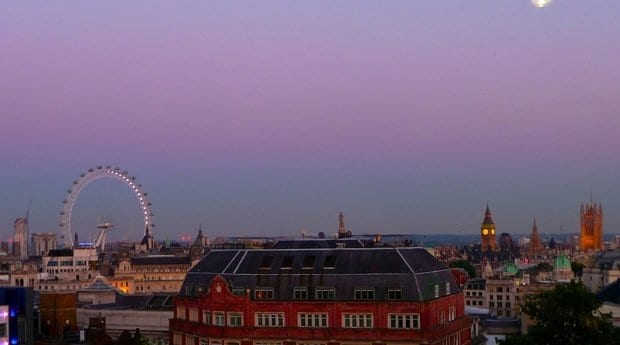
Dusk settles over London to create a beautiful sky. Credit: Aefa Mulholland
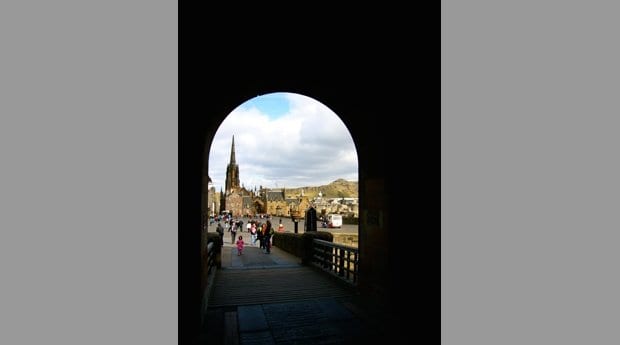
Edinburgh’s Old Town, a view from the castle. Credit: Aefa Mulholland
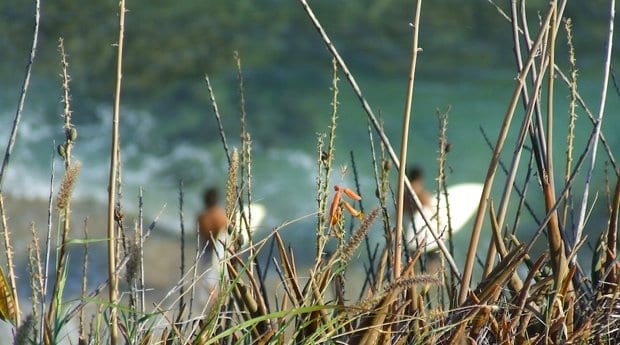
Hawaii's romantic and beautiful Diamond Head. Credit: Aefa Mulholland
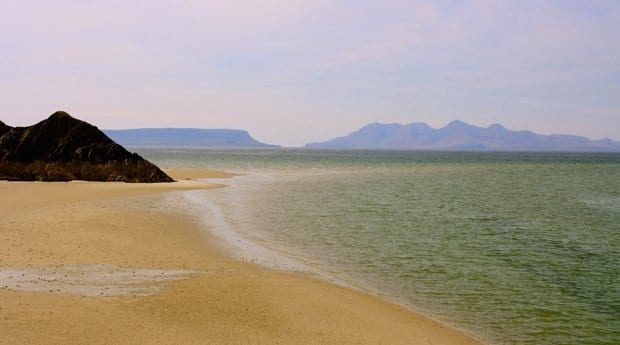
Morar Beach in Scotland is an unexpected and surprising paradise. Credit: Aefa Mulholland

New York's Grand Central station is as historic as it is scenic. Credit: Aefa Mulholland
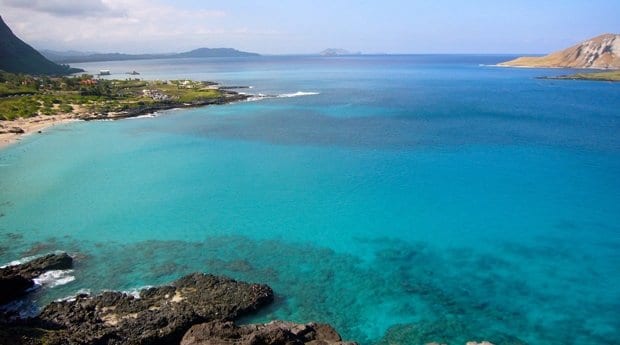
Oahu’s Windward Coast in Hawaii delivers crystal-clear blue waters. Credit: Aefa Mulholland
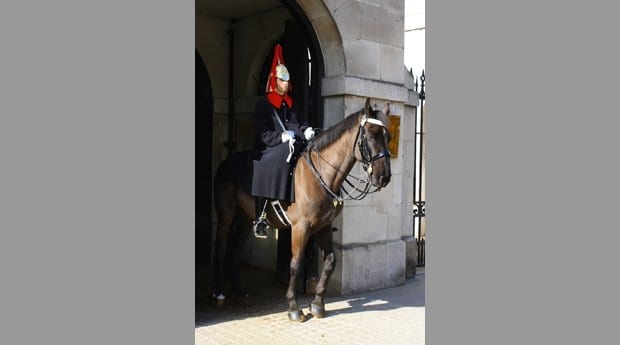
London’s Royal horseguards offer character to an already charming city. Credit: Aefa Mulholland
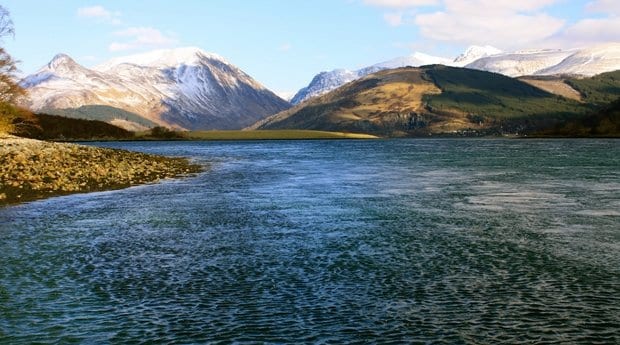
The dramatic Loch Leven is one of Scotland’s best overlooks. Credit: Aefa Mulholland
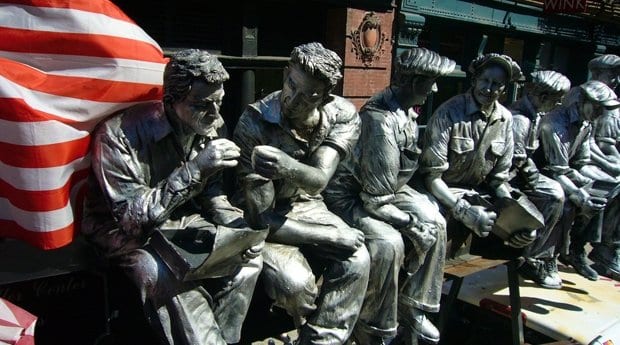
No guests? No problem. This sculpture in New York is all the reception you could need. Credit: Aefa Mulholland
If you want to get married outside of Canada and want your wedding and your honeymoon to become one, consider some of the increasing number of delectable destinations where same-sex suitors can legally wed around the world. Although bans and rulings are being struck down globally — seemingly by the week — and there are more and more places where LGBT nuptials are now legal, most countries restrict ceremonies to their own citizens and residents. However, there are a slew of cities, states and countries that actively encourage non-residents to get married within their boundaries.
(Amidst all these reasons to celebrate and without wanting to put a damper on things, a word of warning: it’s definitely advised that would-be brides and grooms check legal and residency requirements for divorces before announcing their nuptials. Despite recent legislation allowing same-sex weddings, same-sex divorce rulings have sometimes not quite caught up yet.)
Buenos Aires
Argentina was the first South American country to legalize same-sex marriage back in 2010. In 2012, the mayor of Buenos Aires went one step further and approved gay marriage for foreigners. All you have to do is bring your passports. The rest of Argentina, however, restricts marriage to residents.
New York City
The US allows LGBT marriages on an individual state-by-state basis, and not all of those with pro-same-sex rulings allow the marriage of non-residents. But non-resident same-sex couples have been able to get married in the entire state of New York since July 2011. Simply apply for a marriage licence from the city clerk online. Both bride and bride, or groom and groom, must then bring the confirmation number to the city clerk’s office in New York City to finish the application. Once issued, you’ll have to wait 24 hours before you can have the actual ceremony. The city clerk can even perform a marriage ceremony for a bargain $25.
Hawaii
Couples from Canada, Australia and Europe can legally marry in Hawaii, but marriage licences must be obtained in advance from the state, either in-person or with the help of a Hawaii-based marriage-licence agent. After paying the $70 fee to the agent or paying the state online, the licence is issued and is good for 30 days.
Dutch Caribbean
The Dutch Caribbean island of Saba was the first jurisdiction in the Caribbean to legalize gay marriage, in December 2012. After the Netherlands’ landmark ruling in legalizing same-sex weddings, Saba was reluctantly followed down the aisle by neighbouring islands Bonaire and Sint Eustatius; the more autonomous Aruba, Curaçao and Sint Maarten have held out and do not allow LGBT ceremonies. This West Indies gem, which has a population of just 21,000, has long been an LGBT-popular destination and is known as “the unspoiled queen of the Caribbean.” Glenn Holm, the head of Saba Tourism, is gay and actively promotes the island as an LGBT wedding destination. Prospective grooms and brides must submit documents, register and submit an official written request to get married several weeks in advance. More information is on the Saba Tourism website.
French Antilles
France has seven Caribbean territories. Same-sex marriage became legal in mainland France since May 2013, and it’s been officially legal in Guadeloupe, Martinique and Saint Barthélemy since later that month. Like in many parts of the Caribbean, LGBT marriage is a controversial proposition and has been very slow to be accepted in the territories. In Martinique, the first wedding of two women was carried out in June 2013. Official requirements are that premarital documents are in — or translated to — French and that the couple must spend a month before the wedding on the island.
Tahiti
Another French territory, Tahiti benefited from France allowing gay marriage in May 2013 and actively encourages non-resident same-sex couples to get married on the idyllic isle. There is no pre-ceremony residence requirement, and prospective spouses can even get married the day they arrive, but documents must be gathered and submitted up to five months before the ceremony.
Mexico
Same-sex couples can get married in two of Mexico’s 31 states (Quintana Roo and Coahuila), as well as Mexico City. Brides and grooms will need to have blood tests performed in Mexico within two weeks of the wedding date, and they must have four witnesses at the ceremony. Other paperwork will take at least three days in the lead-up to the ceremony. (Keep in mind that with Mexico’s crime-related violence, there are frequent government advisories against travel to various parts of Mexico. Currently, Coahuila is on the should-not-go list.)
South Africa
Same-sex marriage has been legal in South Africa since 2006 — the country was the fifth in the world to legalize it. Birth certificates and visitor permits are required for those planning a wedding in the Rainbow Nation. Otherwise, there is no impediment to those planning destination weddings in the vibrant country of 51 million people. Cape Town is a popular place for ceremonies.
Belgium
One of the earliest countries to approve gay marriage, tiny Belgium had its first lesbian wedding back in June 2003. A subsequent change in the law allows non-residents to marry in the North European country, but with a condition that they are present in Belgium for three months before the ceremony. Those who choose to spend these final months of their engagement here must register with the district authorities by requesting a snappily titled Bewijs van Woonst voor Huwelijksdoeleinden — a Certificate of Residence for Marriage Purposes — on arrival in the country.
The UK
Regulations for marrying in the UK are strict. People not from the UK or Ireland must apply for specific visas to enter the UK for the purpose of marriage from the British Embassy or Consulate before travelling to the country. Currently, same-sex marriages are carried out only in England and Wales, with Scotland’s first gay weddings due to take place in fall 2014. Northern Ireland is the only part of the UK that does not have legalized LGBT weddings.
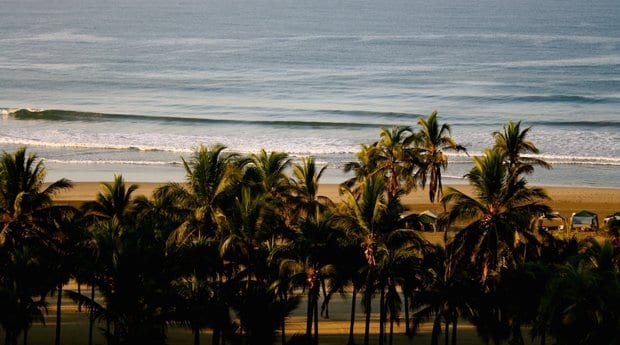
 Why you can trust Xtra
Why you can trust Xtra